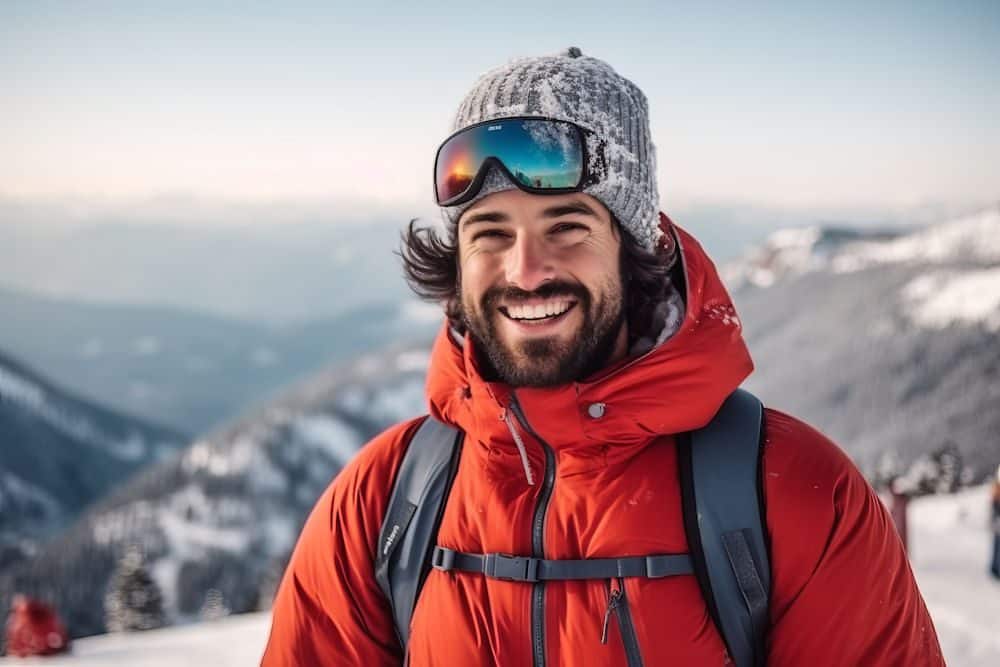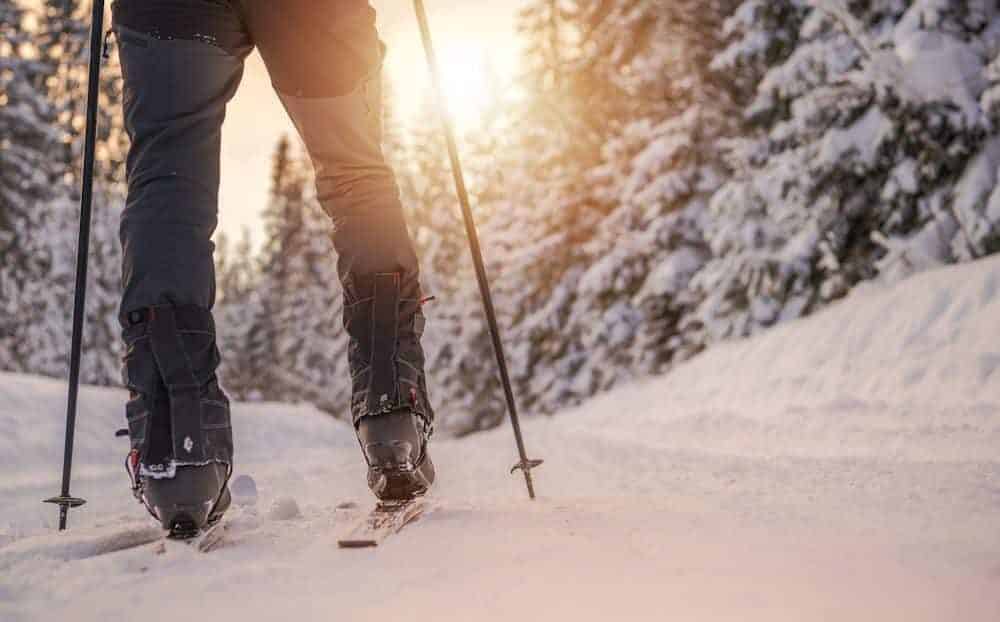In some treatment centers, daily routines can feel monotonous, creating a false sense of security. Clients may find themselves stuck in a repetitive schedule of group activities, therapy, and meetings, lacking excitement. While sobriety is crucial, it’s essential not to overlook a critical aspect.
Clients miss the opportunity to learn about life beyond treatment, leading to an imbalanced well-being. After treatment, they struggle to replace the time once occupied by drug-free, enjoyable activities. Participating in events like skiing, snowboarding, or hiking serves as a reminder, offering clients a wholesome joy of sobriety.
Exercise can help prevent relapse by providing a reliable routine, filling spare time, managing mental health, and inspiring higher self-esteem. Outdoor sports are a great way to get exercise while enjoying the outdoors and developing new skills.
At Jaywalker in Carbondale, Colorado, our men’s only rehab tackles addiction by leveraging our outdoor activity program. Through skiing, snowboarding, and more, we guide clients toward recovery with genuine joy and life-enriching experiences.
The Mental Benefits of Skiing & Snowboarding

Engaging in sober outdoor activities brings profound mental benefits to people in recovery. Beyond the absence of substances, these activities foster genuine joy and well-being. Whether it’s the thrill of skiing down slopes, the serenity of hiking trails, or the camaraderie during outdoor group activities, each experience contributes to a holistic recovery journey.
- Endorphin Boost: Engaging in physical activity during addiction recovery triggers the release of endorphins, crucial for improving mood and reducing stress.
- Nature’s Impact on Well-being: Embracing outdoor exercise positively influences emotional health, contributing to the overall well-being of people in recovery.
- Stress Management: Incorporating regular physical activity serves as a potent stress management tool, aiding people in their journey to cope with life’s pressures.
- Anxiety Alleviation: Active pursuits play a pivotal role in alleviating anxiety symptoms, fostering a calmer and more composed state of mind.
- Enhanced Sleep Quality: Establishing a connection between physical activity and improved sleep quality, recognizing the importance of adequate sleep for mental health in recovery.
- Social Connection: Group exercises create a supportive community, reducing feelings of isolation and strengthening social bonds crucial for recovery.
- Cognitive Benefits: Physical activity enhances cognitive functions, such as focus and concentration, contributing to mental clarity during the recovery process.
- Mindful Practices: Certain physical activities double as mindfulness practices, promoting presence and relaxation, key elements in addiction recovery.
- Self-Esteem and Body Positivity: Regular exercise fosters improved self-esteem and a positive body image, nurturing a healthier mental self-perception.
- Sustained Mental Wellness: Integrating physical activity into recovery routines is a pathway to sustained mental wellness, providing valuable tools for maintaining a healthy mind.
The health benefits of snowboarding, skiing, and other outdoor activities build a foundation for long-term well-being and contribute to a holistic approach to recovery, enhancing overall health and supporting sustained sobriety.
The Pitfalls of Skipping Exercise in Recovery
Neglecting exercise during addiction recovery can have profound negative effects on a person’s overall well-being. Beyond the physical implications, it can significantly impact mental health, hindering the recovery journey.
For people in recovery, exercise isn’t just about staying physically fit; it’s a crucial component of mental wellness. Statistics indicate that regular physical activity can reduce symptoms of depression and anxiety, common challenges faced during recovery. Without exercise, individuals may struggle to cope with stress, which can be detrimental to their emotional stability.
Moreover, the absence of exercise can lead to a lack of routine and structure, making it challenging for people in recovery to establish a healthy lifestyle. Incorporating exercise into the recovery process is not just about the body; it’s a holistic approach that supports the mind and spirit. In neglecting exercise, individuals may miss out on an essential tool for maintaining balance and well-being during the recovery journey.
Nurturing Mental Health Through Outdoor Sports

Sports, Physical Exercise, and Mental Health
Engaging in sports and exercise significantly benefits people’s mental health. Regular physical activity is linked to reduced stress, anxiety, and depression, promoting overall well-being.
Skiing, Snowboarding, and Mental Health
Skiing and snowboarding contribute positively to mental health by combining physical exercise with the thrill of outdoor activities. These pursuits offer an exhilarating escape and can be effective in reducing stress and enhancing mood.
Nature, Mountains, and Mental Health
Connecting with nature, especially in mountainous landscapes, has proven mental health benefits. Exposure to natural environments is associated with lower stress levels, increased happiness, and improved overall mental well-being.
Snow, the Cold, and Mental Health
While cold weather may seem challenging, many people find the crispness of snow and the invigorating cold air to be refreshing. Snow-related activities can bring joy and a sense of adventure, positively impacting mental health by breaking routine and fostering excitement.
Learning New Skills and Mental Health
The process of learning new skills has a positive impact on mental health. It boosts confidence, provides a sense of achievement, and promotes a growth mindset, all of which contribute to enhanced well-being.
Learn More About Our Adventure Therapy Program

Embarking on the path to recovery involves more than indoor therapy. At our Colorado men’s rehab, adventure therapy provides a holistic journey. Many of our clients, dealing with substance abuse and co-occurring disorders, often neglect vital aspects of daily health, impacting their emotional and physical well-being. Our program addresses this by incorporating activities like skiing, snowboarding, uphill skiing, snowshoeing, cross-country skiing, hut trips, and Aspen Ice Karting.
For those in dual diagnosis treatment, integrating activities into recovery serves multiple purposes. Beyond conquering mountains, our adventure program becomes a transformative experience, addressing both psychological and physical damage caused by substance abuse and rebuilding the mind-body connection.
Join us on this comprehensive path to recovery. Contact us to explore how the Jaywalker Adventure Program, with its diverse activities, can be your catalyst for healing and renewal.
References: blog.basi.org.uk



